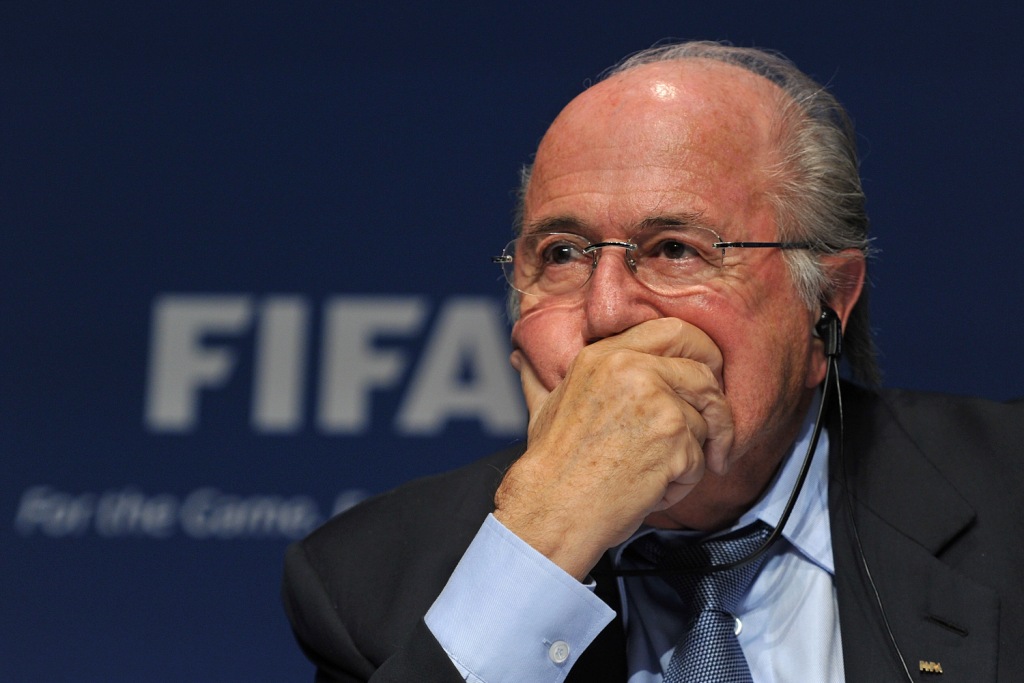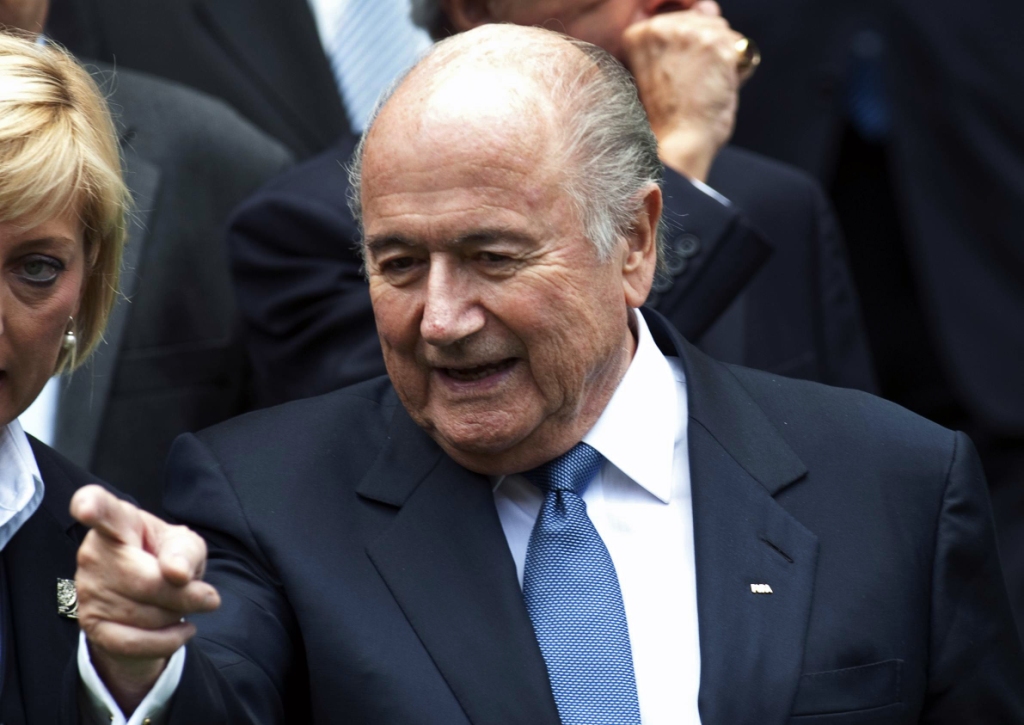Now that the outrage over Sepp Blatter’s unfortunate remarks about racism is receding somewhat, let’s take stock of the entire episode.
Blatter’s comments, as we all know, made headline news across the UK but the fact is they were hardly reported anywhere else; at least not with the same ferocity. Why was that?
Was it because his faux pas, however outrageous, drew an over-the-top response in Britain for two possible reasons: the ongoing dispute involving two separate cases of alleged racism on the field and the country’s notoriously frosty relationship with the great survivor?
Or was it actually because English football has done more to combat racism than most other nations and is therefore rightly far more responsible and sensitive about the issue? Answers on a postcard please.
Whilst there is little doubt that what Blatter said was hugely ill-thought-out, English is not his mother tongue. Yes, he speaks it almost fluently. But the key word here is almost. He is often prone to nuances in both language and interpretation. Had he been speaking in French or German it is highly unlikely the words would have come out in quite the same way. Like managers having to respond in the heat of the moment when microphones are stuffed into their faces immediately after matches, Blatter, when put on the spot, didn’t have time to think first – and got it badly wrong.

He insists that his words were misinterpreted and it is significant that when he subsequently apologised, it looked like he was reading from an already prepared script. Whether that apology ultimately gets him off the hook in terms of his credibility is debatable. Anyone who has been affected by racism – or any kind of discimination for that matter – will not easily forgive him simply because of a quick piece of contrition. But unless he can be found to have broken FIFA’s Code of Ethics, calls for his resignation will fall on deaf ears.
The most unfortunate part for Blatter himself is that of all the accusations that have been launched in his direction over the past 13 years – and there have been many – being taken to task over racism was a particularly savage blow. Blatter has long stated how much he abhors racism. Now, suddenly, all FIFA’s achievements in this regard have been undermined by one appalling error of judgement from the boss.
No wonder, since his original CNN interview, Blatter has twice postponed a round-table chat with a group of English reporters that was scheduled to take place before his latest gaffe. Being questioned even more heavily about the subject would have been highly uncomfortable for him.

Instead Blatter has been able to slide away, lick his wounds and carry on focussing on the anti-corruption reforms he so hopes will put FIFA – and himself – in a better light. However many other FIFA heads will roll as a result of the programme, his will not be one of them. Not yet at least.
That won’t satisfy a huge swathe of the footballing public of course but however hurt he might have been by the reaction to his comments – and he was – in his heart of hearts Blatter will be looking at the bigger picture, even though he may not admit it in public. Not right now anyway.
Andrew Warshaw is a former sports editor of The European, the newspaper that broke the Bosman story in the 1990s, the most significant issue to shape professional football as we know it today. Before that, he worked for the Associated Press for 13 years in Geneva and London. He is now the chief football reporter for insideworldfootball. To follow him on Twitter click here.

